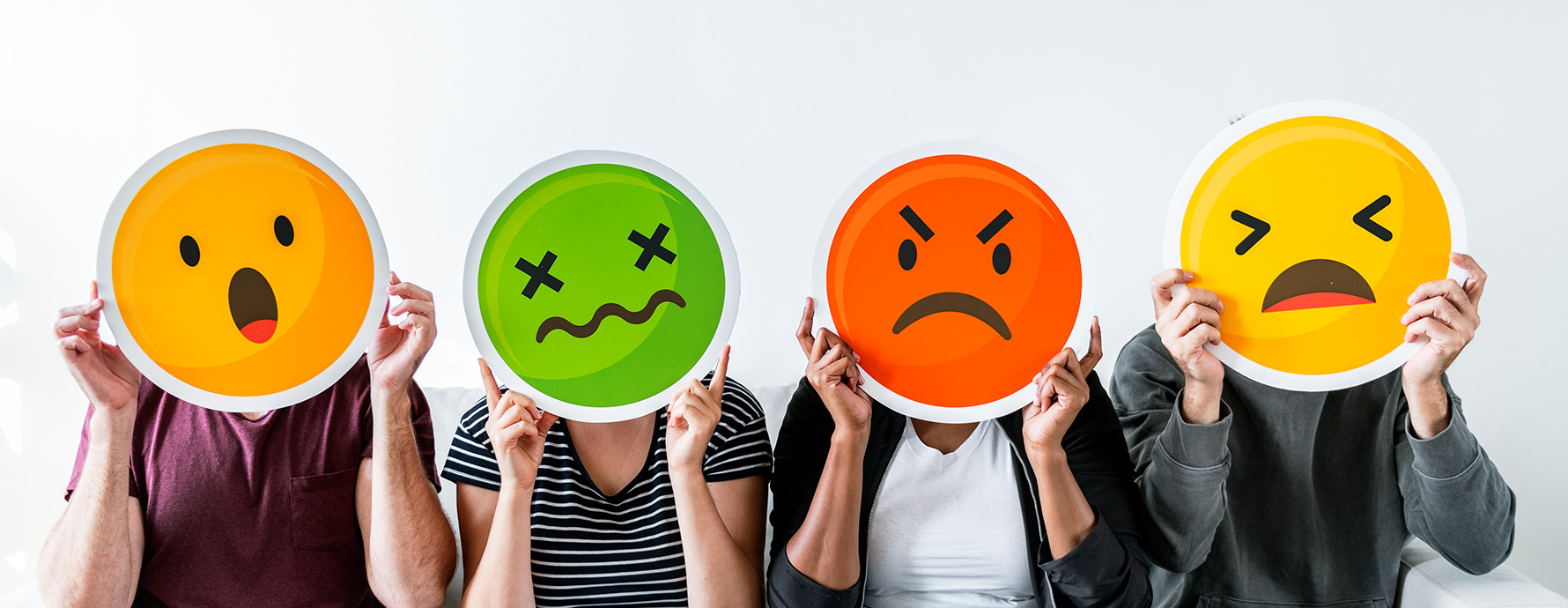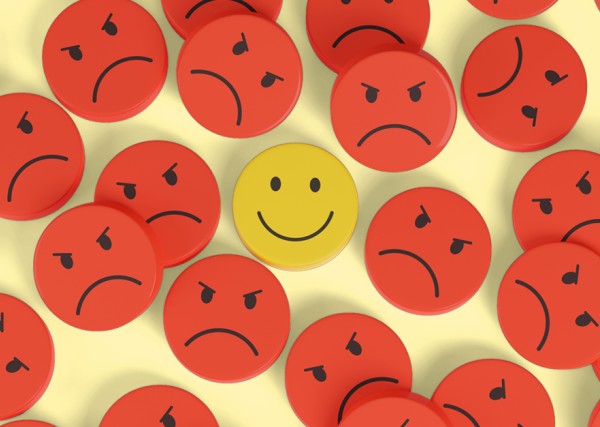
the best & worst ways to manage stress.
Stress can be a positive force that motivates you to build new skills and become a more creative problem solver. But when it becomes overwhelming, stress can have serious health consequences. The ways you choose to manage stress can either make you healthier and more resilient or lead to even more troubling health problems. Let’s take a look at some common stress busters that you should definitely avoid alongside their healthier counterparts.
Stress eating vs. exercise.
Seeking solace from stress in the refrigerator feels great in the moment. But it can come at the expense of a healthy body and mind. Eventually you can begin to feel like you’ve stepped onto a hamster wheel of unhealthy eating patterns, and that can lead to low energy, poor concentration, obesity and eating disorders. Exercise, on the other hand, sets off a powerful sequence of signals to your brain, and those signals can lead to choosing healthier fuel sources. Even mild or moderate exercise can lead to better food choices, which lowers your risk of all kinds of dangerous health consequences. Exercise also helps you sleep better and longer, which helps your brain regulate feelings of hunger.
Hibernating vs. getting some fresh air.
It’s normal to need a breather from whatever’s stressing you out. But there’s a big difference between taking some “me” time and hiding under the covers for long stretches of time. In fact, withdrawal and inactivity can actually feed depression and damage the support system you need to get through stressful times. The remedy? Take time to relax for sure, but instead of ghosting your friends to Netflix and chill, spend some of that “me” time outdoors. The exposure to natural light can help you sleep better, absorb some energy-building Vitamin D, and reduce your risk of several serious health conditions. In fact, a 15-minute walk outdoors can boost your energy by as much as 40 percent. Being outside can also increase brain function and creativity, which are big motivators for more and better work.
Indulging in vices vs. keeping your hands busy.
Drinking, smoking and other “vices” are the “Big Bads” when it comes to stress coping mechanisms. They can reduce anxiety in the moment, but they can become dangerously habit forming. They can also lead to risky behaviors, feeling less in control, feeling more overwhelmed, and serious health problems. Instead, try getting addicted to a hobby that quiets your mind by keeping your hands busy like knitting, crocheting and other “needle arts.” Playing a musical instrument has similar benefits, as does any activity that requires a combination of movement, mental focus and practice. These activities force you to slow down, focus on your technique, correct your mistakes and build new skills. They also give you the opportunity to create something beautiful to enjoy or share with others.
Dwelling on the negative vs. gratitude and meditation.
Thinking through all your options for tackling an issue is smart. But rumination – continuously replaying or reliving a negative experience – can lead to major depression and anxiety. It can also cause you to lash out at others, which can damage your support system. If you tend to get “stuck in your head” like this, gratitude and meditation can channel that energy more constructively. Just five minutes a day of meditation can quiet that constant stream of negative chatter. It can also reduce anxiety and depression to levels that rival exercise. Gratitude is a specific type of meditation that can teach you to reframe difficult moments or events as positive growth opportunities.
Venting vs. talk therapy.
As one leading researcher on anger put it, “Venting to reduce anger is like using gasoline to put out a fire.” Venting anger and anxiety can erode relationships by making others feel responsible for your behavior. Talk therapy – the process of discussing and clarifying your emotions with a professional counselor – can give you deeper insight into your emotions and help you identify and practice more constructive ways to manage your anger, anxiety and stress.
If you’re dealing with an unusual amount of stress, it’s important to get it under control before it leads to serious health problems. There’s no “right” way to manage it, but there are definitely many wrong ones. If the positive steps you’re taking aren’t enough, or if you’re struggling to free yourself from harmful stress relievers, schedule an appointment to talk to an MDLIVE counselor in the comfort and privacy of your own home.
Posted date: April 20, 2018



